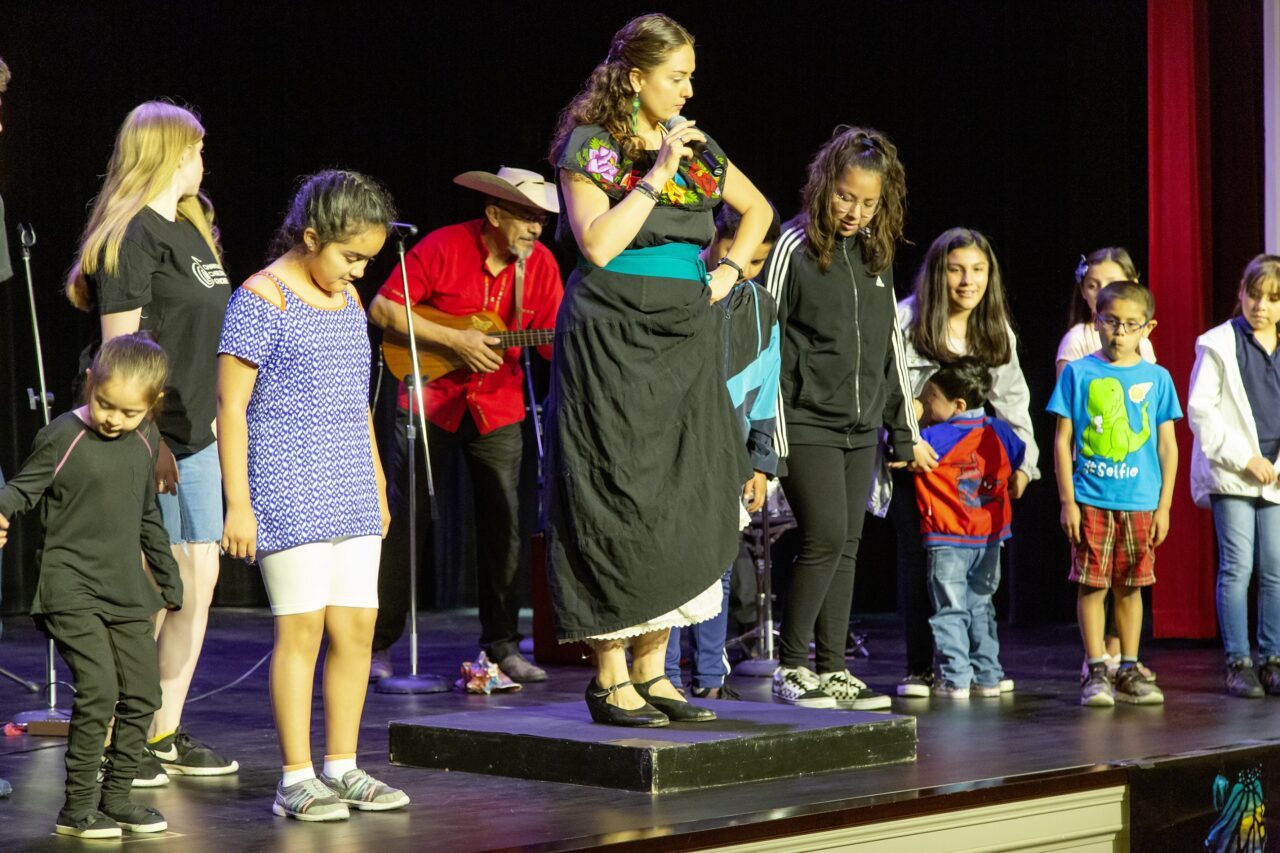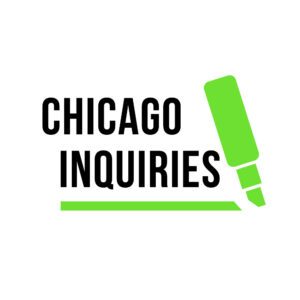Chicago Inquiries
Chicago Learning Collaborative

 The Chicago Inquiry program at the Chicago History Museum collaborates with eight 6–8th grade educators, their students and local community organizations to promote civic engagement through a critical analysis of Chicago’s historical narratives utilizing the inquiry method.
The Chicago Inquiry program at the Chicago History Museum collaborates with eight 6–8th grade educators, their students and local community organizations to promote civic engagement through a critical analysis of Chicago’s historical narratives utilizing the inquiry method.
We collaborate with middle school educators teaching social studies to assist them in integrating local histories to promote a deep understanding of the various communities that impacted change in the city of Chicago. Curricular materials feature local lesser-known histories of movements and communities that radically impacted the city. Students will explore these lesser-known histories through the inquiry method which will help enhance their inquiry skills.
At the end of the school year, students are encouraged to share their work through peer-to-peer events and public programs held at the Museum. Throughout the school year, students learn local Chicago histories and develop their inquiry skills through workshops with archivists, oral historians, Museum educators, and local Chicago artists.
This free program offers access to curricula in English/Spanish with accompanying fully developed lesson plans that focus on the development of inquiry skills. The program will offer educators three professional development workshops, bus funds for a Museum visit, materials to complete all workshops, and access to the Museum. The program will culminate in a family day event where students and their caretakers will be invited to the Museum to showcase the work of the youth.
Program Components
- Professional Development Workshops: Educators must participate in two educator workshops, eligible for Illinois State Board of Education CPDU credits, which will introduce them to program content and enhance their lessons plans.
- Curricular Resources: Educators are given access to culturally relevant nonfiction, bilingual (English/Spanish) articles with accompanying lesson plans that center the inquiry method.
- Research Symposium: Each classroom will be invited to a research symposium where students will meet with Museum staff and a teaching artist to help them get started on their end-of-school-year project.
- Family Day: Upon completion of the program, students and their families are invited for a special visit to the Museum to engage with Museum content, special performances by local musicians, and raffle prize giveaways. Student work will be showcased during Chicago Learners Family and Community Day.
Participation Expectations
In participating in the Chicago History Museum’s (CHM) Chicago Inquiries program, you agree to the following:
- Participate in all professional development opportunities provided
- Integrate the curricular resources and activities into your instruction
- Assist Museum educators in coordinating parent workshops, Museum and classroom visits
- Bring students on a field trip to the Museum in coordination with curricular resources
- Assist Museum educators in the execution of Chicago Learners Family and Community Day
- Assist Museum educators in evaluating the program
Upon your participation, you will receive the following from CHM:
- A curricular toolkit that includes bilingual (English/Spanish), nonfiction texts and literacy activities
- ISBE continuing education credits
- Bus transportation for students to visit the Museum (limit 1 bus per teacher)
- Bus transportation for students’ families to visit the Museum during Chicago Learners Family and Community Day (There will be a limited number of buses per school, assigned to each school on a first come, first served basis.)
- In-school classroom support leading up to culmination of program
- A stipend at the conclusion of the program
Chicago Inquiries Application
Thank you for your interest in Chicago Inquiries. More information about the application process will be coming soon.
Contact Us
If you have any questions regarding the program, please contact Noah Kelly, Chicago Learning Collaborative coordinator, at kelly@chicagohistory.org or 312.799.2047.
This program is made possible in part thanks to the Segal Family Foundation and the Polk Bros. Foundation.